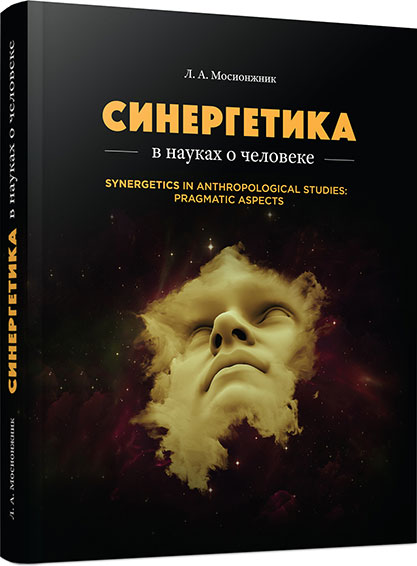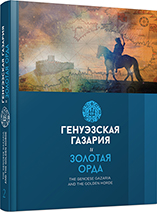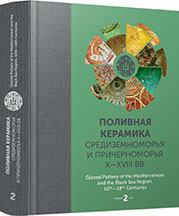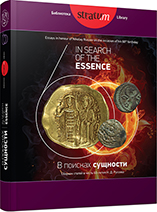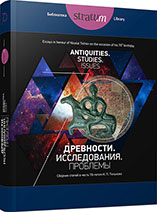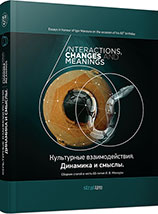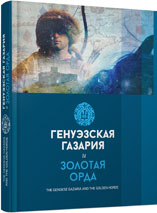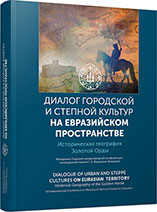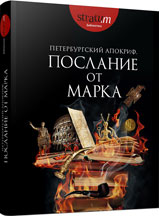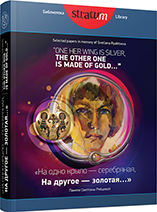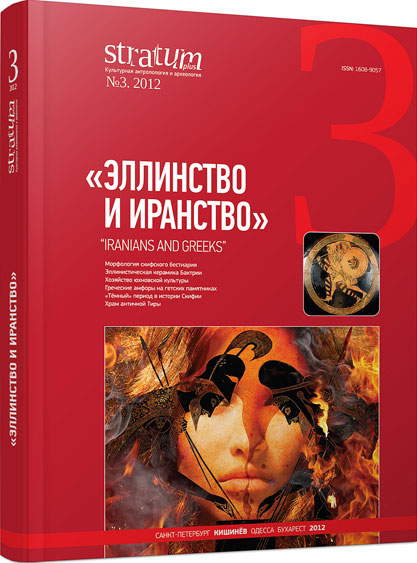
Stratum plus. Archaeology and Cultural Anthropology
Stratum plus. Археология и культурная антропология
Stratum plus. Archaeology and Cultural Anthropology (abridged as Stratum plus) is an international peer-reviewed academic journal covering topical issues of archaeology and cultural anthropology.
Published by the High Anthropological School University since 1999.
Stratum plus comes out six times a year in the Russian language. All papers are supplemented by abstracts in English, Russian and Moldovan languages.
Academic Scope and Subjects covered by the Journal
Since its appearance, the journal has been positioning itself as supranational and interstate one.
Its goal is to establish links and unite academic activities in archaeology and cultural anthropology in the whole world and, specifically, in the post-Soviet space.
Stratum plus facilitates professional communication between a wide circle of specialists in archaeology, anthropology and other auxiliary historical disciplines, as well as enables familiarization of readers worldwide with recent academic research and developments.
Subjects are not limited either regionally or chronologically. They include results of analytical research, interpretations and high-quality publication of new sources. Contributions on history, ethnology, numismatics, epigraphics and other auxiliary historical disciplines are accepted along with papers on archaeology and cultural anthropology.
Journal's Unique Structure
The Journal comes out six times a year in 200x290 mm format, in subject-oriented volumes dedicated to a specific historical age. The last, the sixth issue includes papers on numismatics and epigraphics of different periods, as well as papers on cultural anthropology, ethnology, history of late Middle Ages and early New Time. Each volume has its own unique title relevant to its content.
Owing to this structure, a professional in a certain field can get one volume, which is a full collection of papers, sources, interpretations and researchers’ opinions on the relevant historical subject, covering the post-Soviet space and other territories. Having one or more monographs in each volume, groups of articles and other thematically and chronologically relevant stuff make it a self-sustained, integral and monographic journal. As a rule, each volume is dedicated to an outstanding researcher of world acclaim.
Stratum plus editors are located in four cities: St.-Petersburg (Russia), Kishinev (Moldova), Odessa (Ukraine) and Bucharest (Romania), with the central editorial board at the High Anthropological School University in Kishinev, where all contributions are collected.
More...
